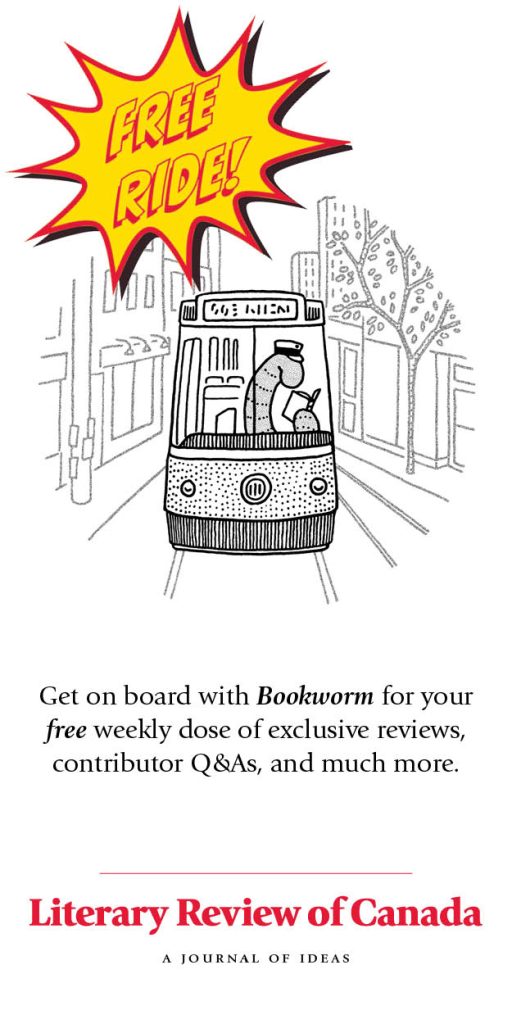In 1965, Mohamed Assaf travelled to Edmonton from a small town in Lebanon’s Bekaa Valley. When he arrived, a relative who had preceded him on that journey offered a piece of advice: “Canadians always say please, thank you and stand in line.” Mohamed was twenty-one at the time and would go on to become a successful member of a well-integrated Lebanese Canadian community. For a while, he had his share of struggles, even as he helped put his brother through law school back in Beirut. But years later he would name one of his sons Dany, after the Lebanese American entertainer Danny Thomas, whose success was “proof of the unbounded potential that North America provided people of our heritage.”
Dany Assaf gathers quite a few anecdotes like this in Say Please and Thank You & Stand in Line, an account of his family’s history in Canada. Now a successful Bay Street lawyer, Assaf is a...
Gayatri Kumar lives and reads in Toronto.

